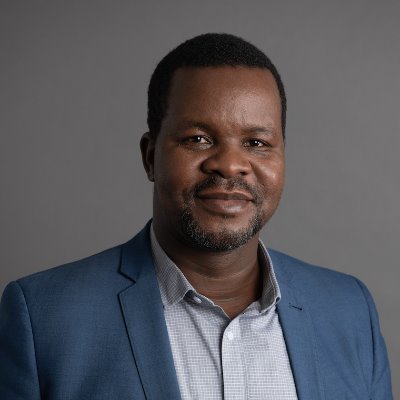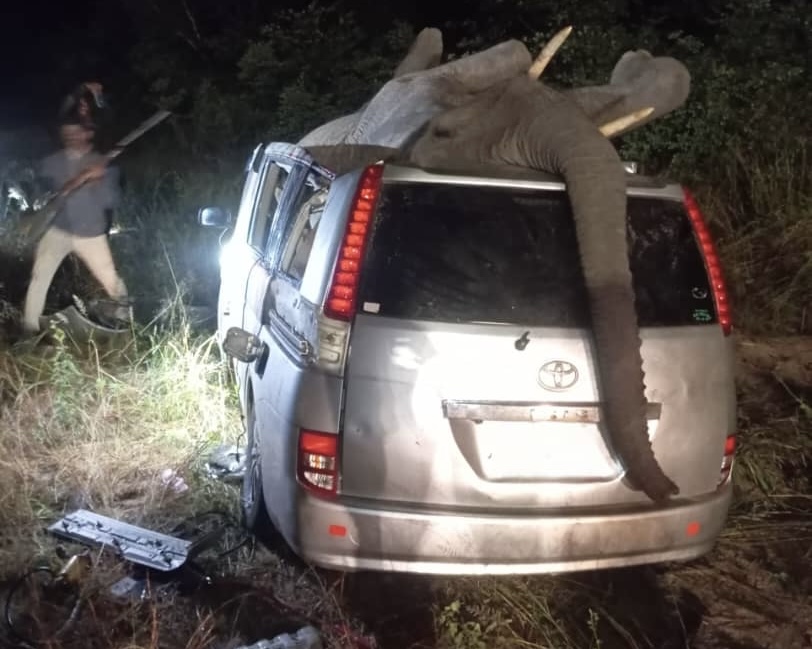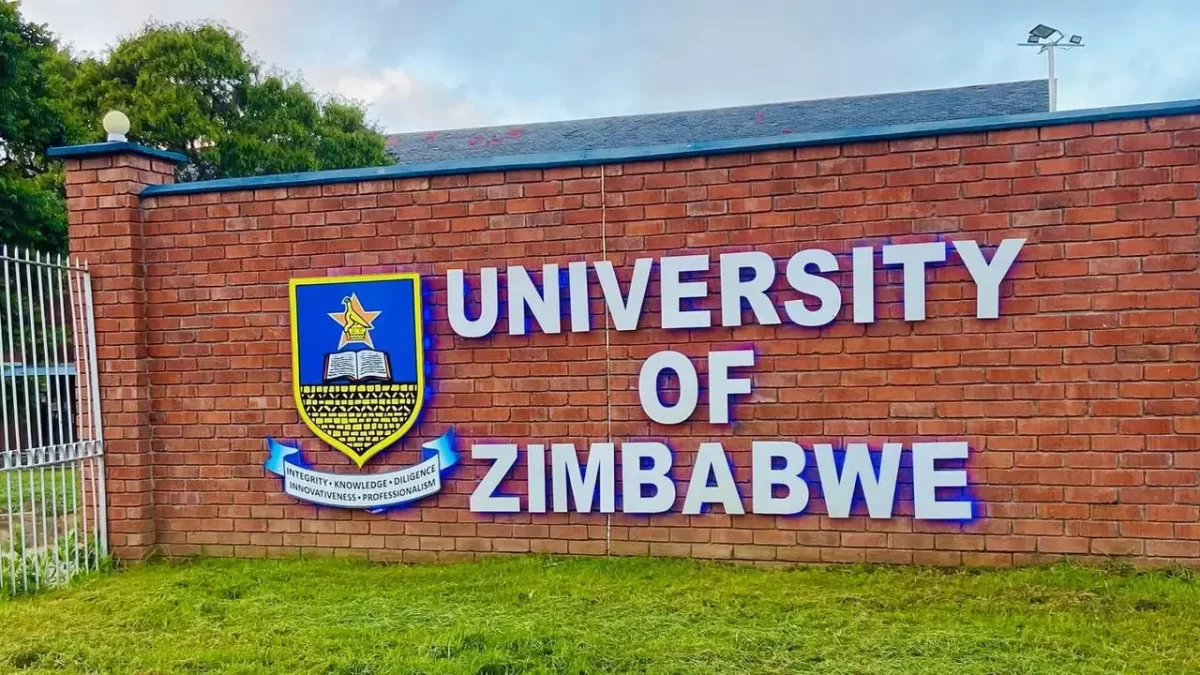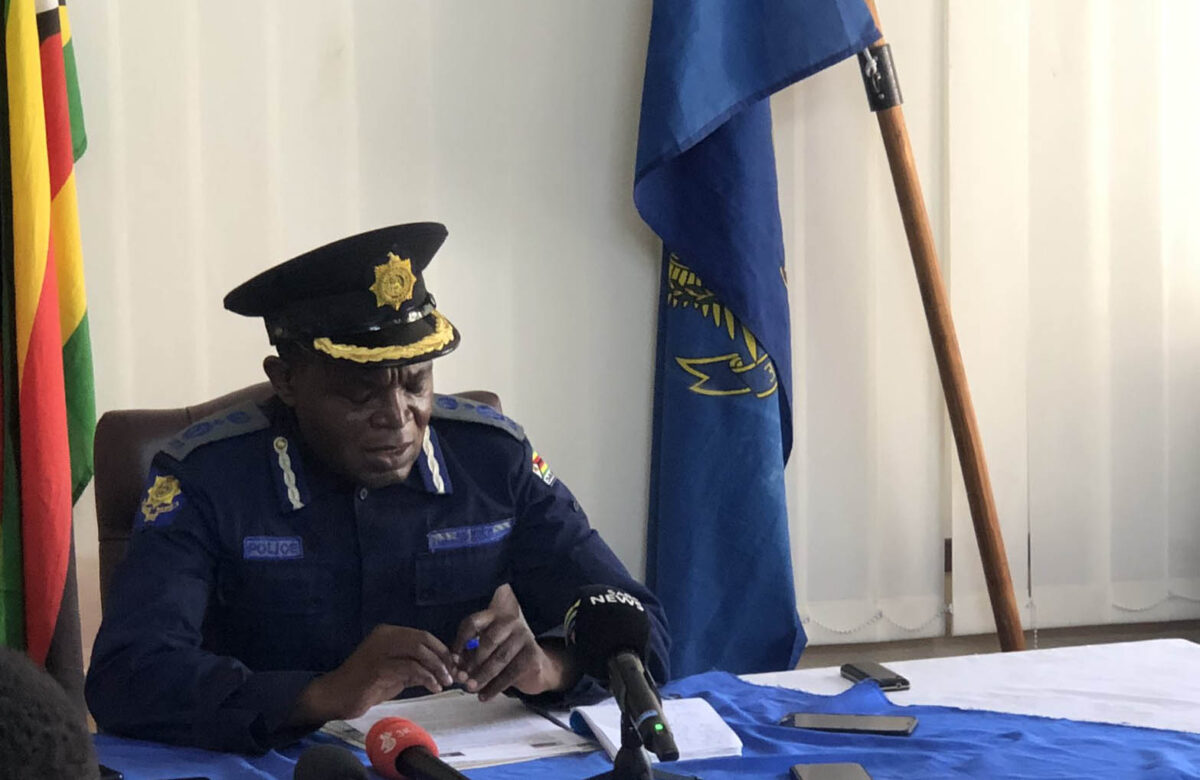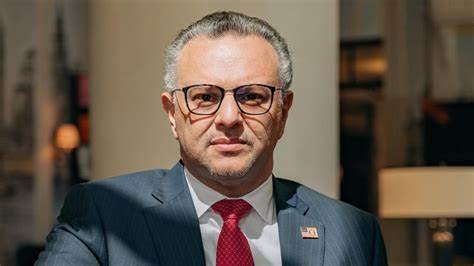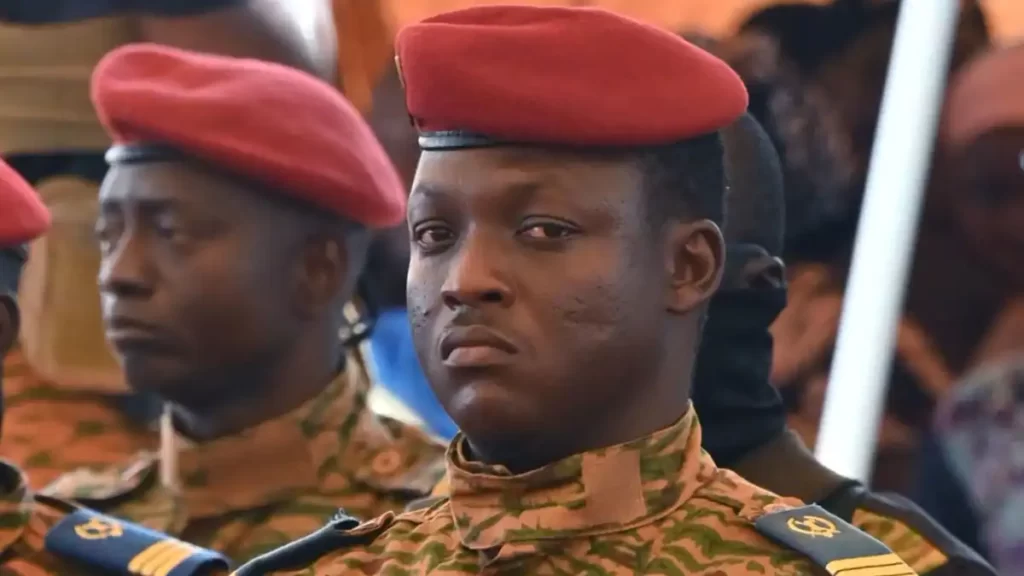WASHINGTON D.C. – Human rights violations increased across the world in 2020 as authorities battled Covid-19, according to the United Nations. Many people were arrested and prosecuted for offenses ranging from breaching lockdown protocols to inciting violence. But how did Zimbabwe fare? ZimLive.com (ZL) posed that question to Human Rights Watch (HRW) director for Southern African Dewa Mavhinga (DM) who pulled no punches in our interview below.
(DM) Zimbabwe’s responses to the Covid19 pandemic were more to use the pandemic as an excuse to clamp down on people’s freedoms without focusing on actions to effectively stop the spread of Covid19. For example, the Zimbabwe security forces often used excessive force to enforce a national lockdown, which included locking up people in overcrowded, unsanitary detention facilities for allegedly violating Covid19 regulations. At the same time, due to the lockdown, many communities became vulnerable with no access to livelihoods, but the authorities completely failed to provide intervention support to vulnerable communities.
(ZL) To what extent would you say Zimbabwean authorities exploited the pandemic to clamp down on civil liberties and freedoms?
(DM) It was largely the case that Zimbabwe authorities used the Covid-19 pandemic as a pretext to clamp down on government critics including through the prohibition of peaceful protests even when those protests complied with social-distancing requirements. On July 31, 2020, the police cracked down on peaceful anti-corruption protests and arrested scores of activists including prominent writer Tsitsi Dangarembga and MDC Alliance spokesperson Fadzayi Mahere even though their protests were socially distanced.
(ZL) Outside the Covid curbs, how would you say Zimbabwe fared on the human rights scale in general this year seeing so many activists were arrests?
(DM) In 2020 Zimbabwe had an opportunity to actively promote human rights but the country performed poorly. Elements in the security forces were implicated in serious abuses including horrific cases of abductions and torture like the abduction and torture of Tawanda Muchehiwa in Bulawayo and of Joanah Mamombe, Cecilia Chimbiri, Netsai Marova and Takudzwa Ngadziore in Harare. Over half of Zimbabwe’s population or 8.6 million people needed food aid in Zimbabwe which the government failed to provide, leaving it to donors like the World Food Programme to feed the starving nation of Zimbabwe.
The country’s health sector has collapsed, while the health minister and Vice President General Chiwenga can fly abroad for medical care, millions of Zimbabweans are deprived of their right to health and health care. The government continued to persecute critics through frivolous prosecution as seen in the cases of anti-corruption activists Jacob Ngarivhume and journalist Hopewell Chin’ono and also the constitutional reform activists Namatai Kwekweza and others. Trade union activists like Rural Teachers Union leaders Obert Masaraure and Sheila Chisirumunhu also suffered frivolous prosecution with Chisirimunhu being jailed for 16 months for participating in a peaceful protest in Masvingo.
(ZL) Talking about Tawanda Muchehiwa, his case remains unprosecuted despite apparent evidence unmasking his abductors and tormentors. What’s your take on that?
(DM) Zimbabwe authorities are implicated in the torture cases of Tawanda Muchehiwa and others in 2020, and none of the perpetrators have been arrested. Torture has been used by Zimbabwe authorities since 1980, during the Gukurahundi days, and there has been no accountability. The Zimbabwe government refuses to ratify the United Nations Convention Against Torture which would help victims find effective remedies.
If Zimbabwe does not stop the practice of torture, it will not be able to engage in any meaningful international re-engagement because no investors will want to invest in a country where torture is rampant and is committed with impunity. The irony of it all is that president Emmerson Mnangagwa himself is a victim of torture by the Rhodesian government and Vice President Kembo Mohandi was subjected to arbitrary detention without trial for 3 months during the Gukurahundi period in 1985, and yet they are not taking decisive steps to end torture and arbitrary arrests under their so-called ‘new dispensation’ government.
(ZL) When President Mnangagwa took over from Mugabe he pledged to usher in democracy and restore fundamental freedoms. How would you say he has performed so far compared to his predecessor?
(DM) In the short time that President Mnangangwa has been in power, he has performed worse that Mugabe, especially given that there was so much hope in 2017 after the coup, that things would get better, and Mnangagwa promised a new and unfolding democracy, but delivered nothing, dololo. Mnangagwa’s government does not seem to care at all about the constitutional rights of Zimbabweans, it is comparable to a mafia government.
(ZL) The government argues that it has implemented political reforms that have resulted in the repeal or replacement of draconian laws such as POSA and Aippa. Shouldn’t they get credit for that?
(DM) No credit will be given for cosmetic, on the surface changes that are meaningless when it comes to improving people’s lives. What Zimbabwe needs are real, lasting reforms but these remain elusive. Security forces continue to commit abuses with impunity. After the killings of citizens in August 2018, Mnangagwa established a Motlanthe Commission of Inquiry, but he balked when it came to the implementation of recommendations to punish soldiers that had killed civilians. Mnangagwa government is scared to implement real reforms.
(ZL) While claiming credit for entrenching freedoms and opening up the democratic space, the government has also proposed legislative amendments that will make it a crime for activists to make “unsubstantiated claims” about rights violations and criminalize unauthorized communication by private citizens with foreign governments. What would that mean for human rights defenders, including Human Rights Watch?
(DM) These are vain attempts by the government to muzzle critics, it is clear evidence of authoritarianism unbridled. But it will not work. Human Rights Defenders and Human Rights Watch will not be intimidated by signs of tinpot dictatorship, we will continue to expose abuses and to speak truth to power. Tyranny has a witness.
(ZL) As the year 2021 kicks in, what’s your outlook for human rights in Zimbabwe. And what would you recommend to ensure minimization of violations, especially by the State or its surrogates?
(DM) The Zimbabwe authorities should urgently set up and empower the Independent Complaints Commission to receive and deal with public complaints regarding abuses by security forces. When the police and soldiers are individually punished for abuses like torture, then they will know that no-one is above the law and these abuses will end. The current impunity encourages more abuses. Mnangagwa should fully implement all the recommendations of the Motlanthe Commission regarding accountability for perpetrators and compensation for victims.
(ZL) And lastly, corruption. Government officials like Obadiah Moyo and Prisca Mupfumira were arrested on graft charges. Lately, the government has also been cracking down on opposition MDC Alliance councilors alleging corrupt activities. This has not been without political controversy though. What’s your take on the way the government is prosecuting its fight against corruption?
(DM) The Mnangangwa government is neck-deep in corruption but lacks a truly independent anti-corruption commission to lead the way. Anti-corruption in Zimbabwe is highly partisan and politicized. The so-called anti-corruption unit in President Mnangangwa’s office should be disbanded and the wife of the foreign affairs minister should consider stepping aside from leading the anti-corruption commission as she is perceived to be conflicted and partial to ZANU-PF.
Otherwise, she should assert her full independence by investigating all those implicated in corruption including members of President Mnangagwa’s family.

